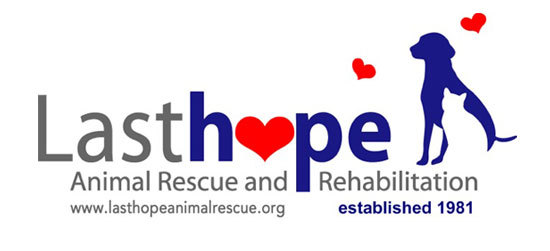Our Mission
Last Hope’s Mission
Through many programs, Last Hope is attempting to reduce the cat and dog overpopulation problem on Long Island, encourage responsible and affordable pet ownership, and transform the public image of the typical pound or shelter animal.
All animals in our programs are neutered before adoption so no Last Hope animal will ever contribute to the cat and dog overpopulation problem.
We support the following programs:
- Rescue of death-due, abandoned, and stray animals. We visit municipal shelters on Long Island, have a waiting list for stray cats and receive phone calls where we advise the public about the various animal problems that they are encountering.
- Rescue of dogs and cats from overcrowded Southern shelters via rescue transports with cooperation of partner shelters in Kentucky, Virginia, Georgia and Texas.
- Early neutering of all kittens, as well as traditional age neutering of puppies, and all adult pets adopted.
- Feral cat trapping. Through our Fix-a-Feral Program, we make it financially feasible for the public to spay and neuter the feral cats they are feeding via discounted and free voucher programs, as well as Trap/Neuter/Return (TNR) clinics open to the public. Volunteers assist the public with trapping feral cats on Long Island. Traps can also be borrowed from the organization with a refundable deposit. Workshops have been held to educate the public about this ever-growing problem, and we offer demonstrations in the use of humane traps.
- Adoption programs that seek to place the Last Hope dog or cat in caring, responsible, and financially solvent homes.
- Community outreach and awareness campaign to make the public knowledgeable about the cat and dog overpopulation problem and the tremendous number of unwanted animals in the shelters.
- Low cost rabies and other vaccine clinics open to all dog and cat owners on Long Island.
- A financial veterinary assistance program to help dog and cat owners facing financial distress or hardship in hopes owners will be able to keep their pets rather than relinquish or euthanize them for economic reasons.

